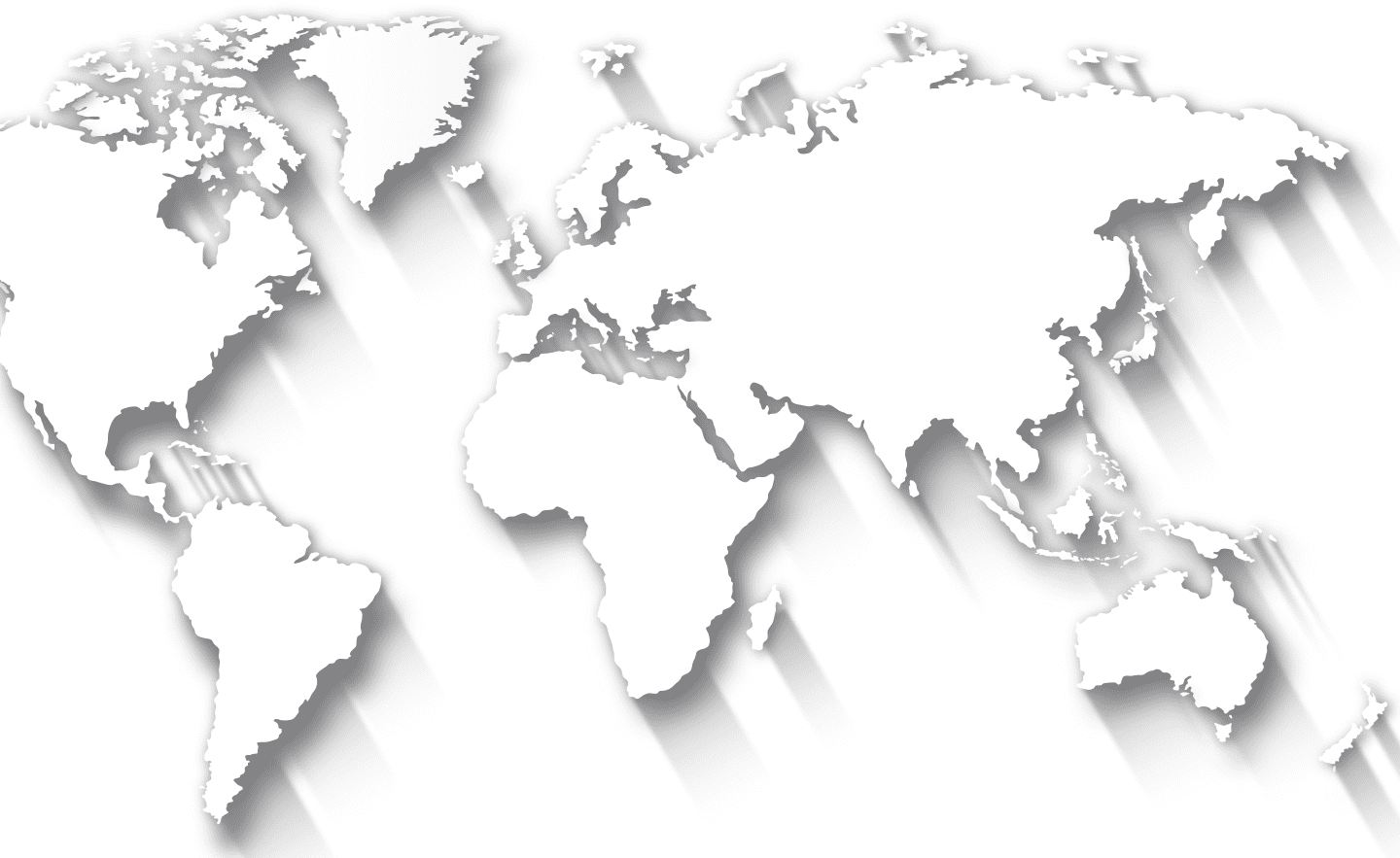SAICM and the New Global Framework on Chemicals (GFC)
The Strategic Approach to International Chemicals Management (SAICM), adopted in February 2006 at the First International Conference on Chemicals Management (ICCM1) in Dubai, was a global framework designed to promote sound management of chemicals and waste. Its goal was to minimize the impact of chemicals and waste on human health and the environment by 2020.

The Global Framework on Chemicals (GFC), adopted in September 2023 at ICCM5 in Bonn, Germany, succeeds SAICM. Building on SAICM's goals, the GFC establishes more concrete targets and places a stronger emphasis on preventing harm caused by chemicals and waste.

The GFC's main goal to prevent or, where prevention is not feasible, minimize harm from chemicals and waste to protect the environment and human health. This is achieved through a series of 28 specific targets that focus on several key areas:
- Strengthening legal frameworks and building capacity: The GFC aims to ensure strong legal frameworks and institutions are in place for effective chemical management. This includes building capacity in developing countries to implement these frameworks.
- Providing comprehensive access to information: The GFC emphasizes the importance of providing comprehensive and readily available information about chemicals.
- Identifying and addressing chemicals of major concern: The framework prioritizes identifying and addressing chemicals that pose a significant risk to human health and the environment.
- Developing and using safer alternatives: The GFC encourages the development and use of safer alternatives to harmful chemicals.
- Mobilizing resources and fostering partnerships: The framework recognizes the importance of mobilizing resources and fostering collaboration between governments, industry, and non-governmental organizations to achieve its goals.
- Integrating chemical safety into decision-making: The GFC aims to integrate chemical safety considerations into all relevant decision-making processes.
Russia's involvement:
The Ministry of Industry and Trade represents Russia in the GFC, authorized by a government decree in September 2020. A Coordination Council, established in July 2023 by Order "On the Coordination Council on the participation of the Russian Federation in the implementation of SAICM", guides Russia's participation. It emphasizes openness, cooperation between government and non-government organizations, and achieving specific goals related to the SAICM and GFC. Notably, the Russian delegation, along with experts from the CIS Center, played a key role in advocating for national interests during ICCM5 negotiations, particularly regarding the interests of domestic manufacturers in the chemical sector.
- A pilot project is underway, led by a collaboration of organizations including SAICM, the EU, and UNEP, to help African countries overcome barriers in implementing the Globally Harmonized System of Classification and Labelling of Chemicals (GHS).
- Previously, online Communities of Practice (CoPs) brought together experts for knowledge sharing on specific topics related to SAICM. These CoPs ended in December 2022, but discussions continue on relevant issues like chemicals of concern and capacity building.

Supporting Developing Countries: The UN Environment Programme (UNEP) Special Programme on Chemicals and Waste Management Programme supports developing countries in managing chemicals and waste safely. This program focuses on strengthening institutions, developing and enforcing policies and regulations, and creating conditions for implementing international agreements like the GFC. As of 2024, the program is funding 42 active projects in various countries, with a focus on engaging the private sector in sound chemical management practices.
The IWG contributes to the development of international standards and policies. The group's experts are involved in the process of updating SAICM international documents. Thanks to their expertise and experience, IWG participants actively put forward constructive proposals and recommendations to improve existing policies and approaches to chemicals management, which contributes to the creation of a more effective international regulatory framework reflecting modern requirements and challenges.
Geography of coverage





